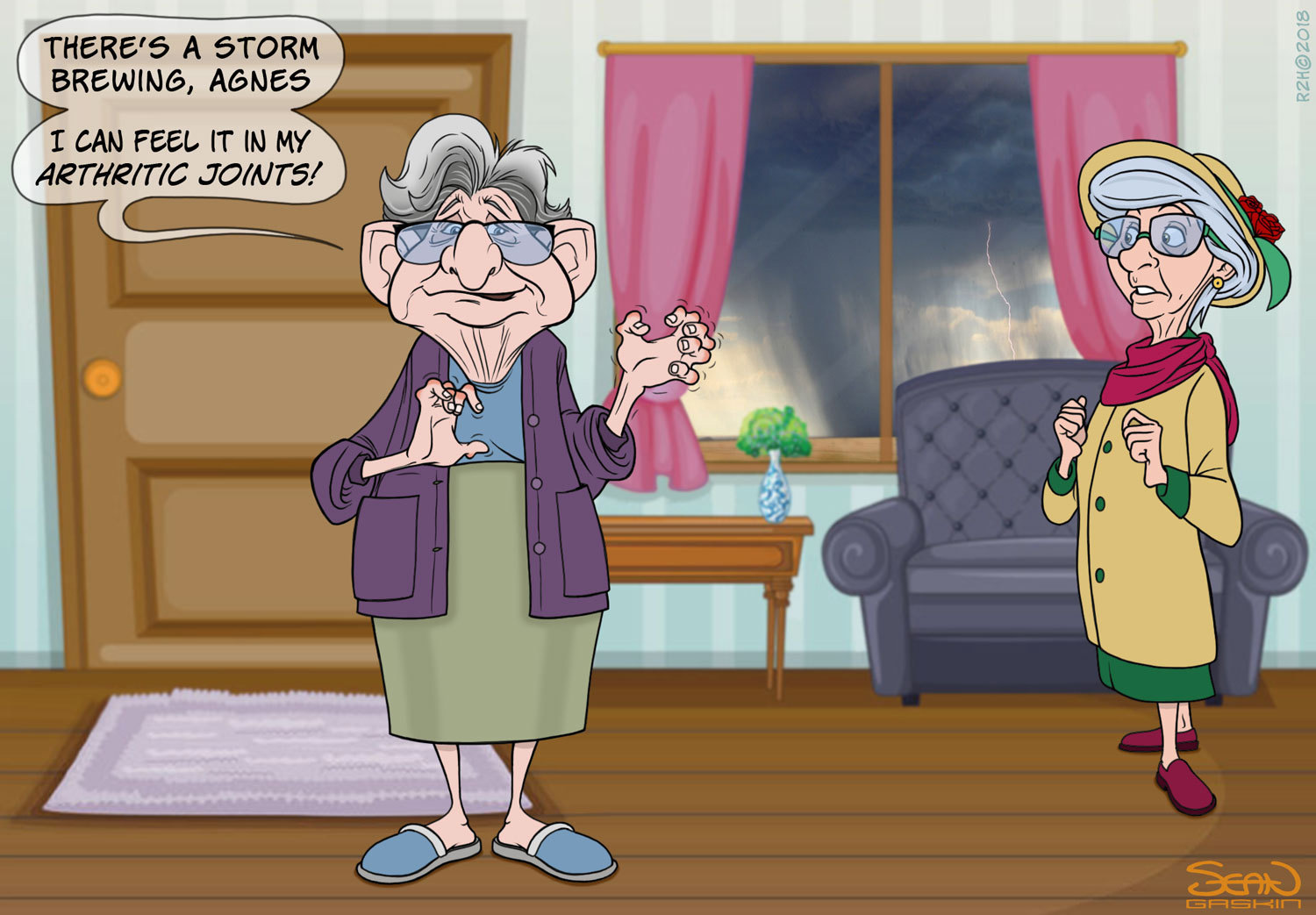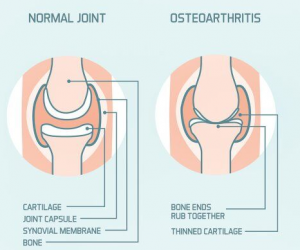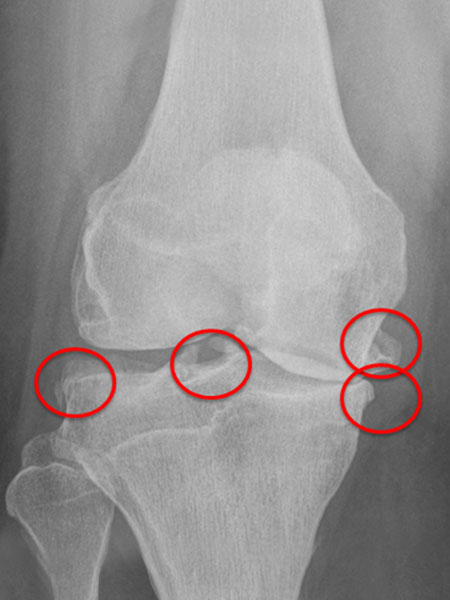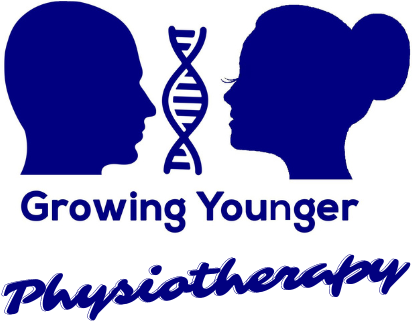
Did you know that bout 17% of people in New Zealand are affected by arthritis? That’s almost 1 in every 5 people!
Arthritis is a very common condition that affects a lot of people. What I’ve actually found during my time in the clinic is that a lot of people who have arthritis don’t actually quite understand fully what arthritis is.
So today’s post is going to be a short and simple explanation for those who are looking for answers. We’ll be tackling the following questions:
- What is arthritis?
- What causes arthritis?
- What are the symptoms of arthritis?
- Who is at higher risk of getting arthritis?
- How can I tell if I have arthritis?

WHAT IS ARTHRITIS? WHAT CAUSES ARTHRITIS?
There are many different types of arthritis – more than 140 different types! There is degenerative arthritis (most common) or osteoarthritis, infection arthritis, metabolic arthritis ( also commonly known as gout), rheumatoid arthritis… too many. For the purposes of this article, we will be tackling osteoarthritis, which is the most common and a lot of our patients struggle with.
The most common and easy explanation for arthritis goes: A layer of cartilage covers the surface of each connecting joint where the ends of two bones meet. Think of the cartilage as lubricant for the joints so they don’t rub harshly against each other. This protective layer of cartilage wears down as we use our joints over our lifetime.
Instead of a smooth surface, an arthritic joint will have rough bits on the surface of the joint. Because the cartilage becomes thinner, the two bones are sitting a lot closer to each other and there’s a lot more impact and increased friction between the rough surfaces of the joint. This causes pain and inflammation. An arthritic joint will looking like there’s a bit of swelling around it (swollen joint) and might also sometimes feel hot to touch.
So if you have arthritis in your knees, that’s why you feel the grinding sensation when try to do a squat!
The body reacts to this damage and starts to produce osteophytes. They are little boney spurs that grow on the edges of your joint. These little spurs sometimes catch and cause more pain and inflammation in the joint (see the x-ray scan below).

SYMPTOMS
The most common symptom for arthritis is – you guessed it – pain. More specifically, pain in the joints. The most frequently affected joints in the body are knees and hips.
People with arthritis in knees and hips will experience intermittent pain, which means that the pain will be on and off. Quite often, the pain will come at night time, so people get woken up in the middle of the night by it. It could also be quite sore first thing in the morning, which might get better as you move around.
Swelling around the affected joints is quite a common symptom as well. For example, quite often you see older people with swollen knuckles. Joint stiffness is another very common symptom. People with advanced arthritis have difficulty bending their joints, so for example, difficulty kneeling or getting down on the floor. In the severe cases, you may see redness of the skin.
Whilst these symptoms might most commonly be found in the finger joints, the knees and the hips, arthritis can happen anywhere in the body – eg. the shoulder, elbow, ankle – but the most commonly affected areas in the body are the knees and hips.
WHO IS AT RISK OF GETTING ARTHRITIS?
Generally, older people. And the older you are, the more likely you are to have it. Most people after 50/60 get some degree of wear and tear in their joints.
Obese people are also at high risk because they have to carry more weight, which is especially taxing for the joints in lower part of body. This means increased strain on the knees, hips, lower back and ankles.
Any previous injury to your joints – eg. from playing sport when you were younger – may linger on and continue to increase wear and tear as we get older, increasing the likelihood of arthritis in those joints.
DO I HAVE ARTHRITIS?
Hopefully after reading this article, you might have an idea of whether you might be affected by arthritis or not. However, it never a good idea to self-diagnose. If you are experiencing pain in your joints, please make an appointment to see your GP or a physiotherapist for a professional opinion, and to receive appropriate treatment.
If you have concerns for your joints, or any muscle injuries, feel free to book in for a free assessment with us at Bodyfit Physiotherapy. Please call 09 5328942 to speak to one of our friendly staff.
